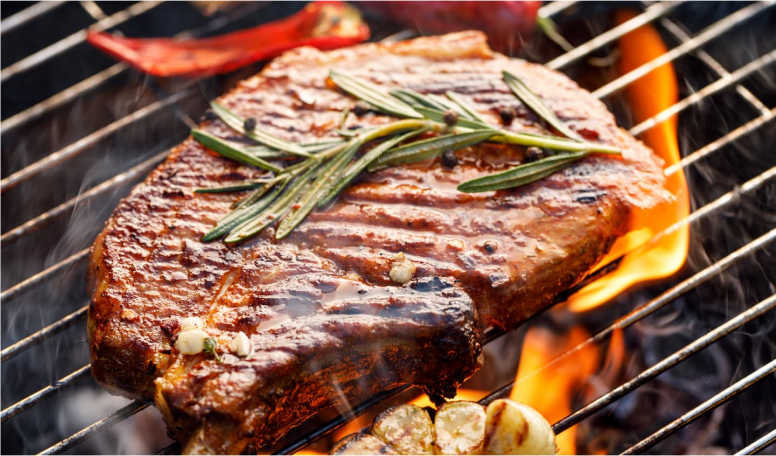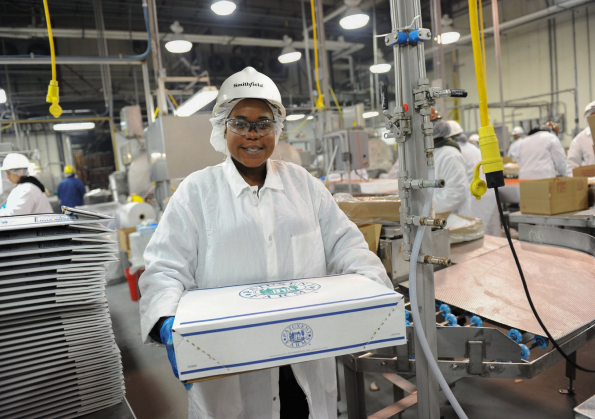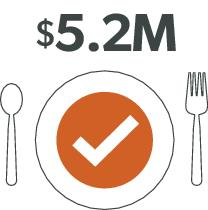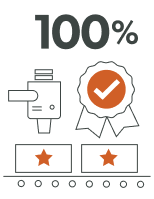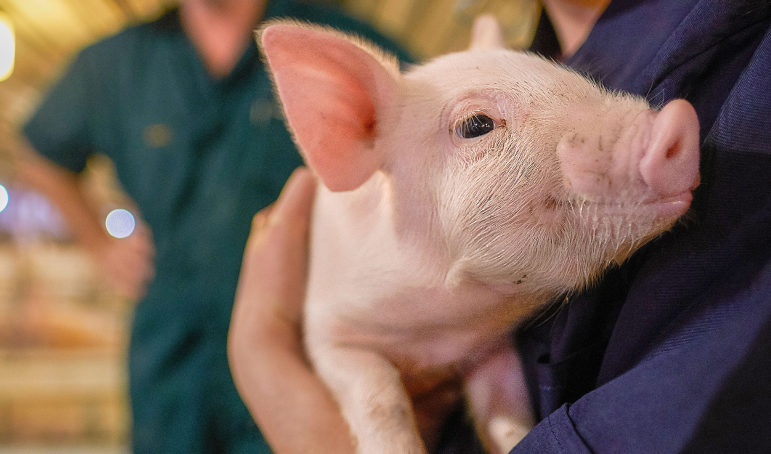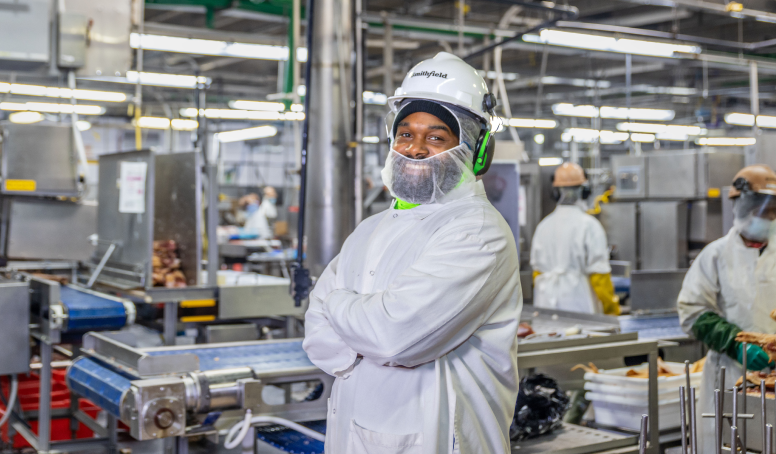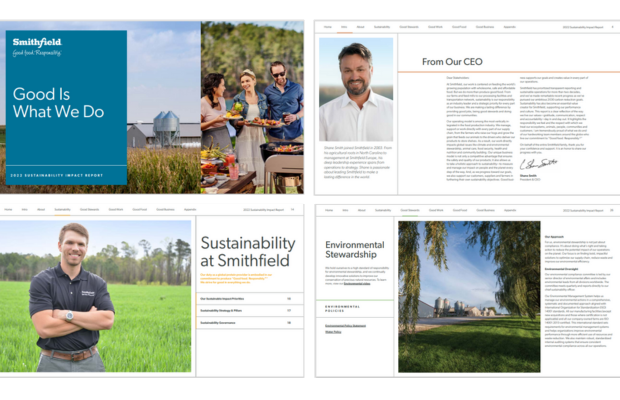| Brand Reputation Compliance Global Standards (BRGCS) |
The BRGCS standard is an international food safety management system and a recognized scheme of Global Food Safety Initiative (GFSI). It lists requirements for food processors, including Hazard Analysis and Critical Control Point (HACCP), internal audits, supplier approval, traceability and more. |
| Common Swine Industry Audit (CSIA) |
The CSIA was created in 2014 as a common audit platform for pork producers, packers and processors in the United States. Audit tools build on the existing Pork Quality Assurance® Plus (PQA Plus®) program. |
| Food Safety System Certification (FSSC) 22000 |
The FSSC 22000 standard is a recognized GFSI scheme used to control safety risks. Certification provides confidence to customers and consumers that a rigorous food safety system is in place. |
| GLOBALG.A.P. |
The GlobalG.A.P. certification is highly regarded as a reliable standard for demonstrating on-farm food safety and sustainability |
| GSFI |
The GFSI was established to ensure confidence in the delivery of safer food to consumers while continuing to improve food safety throughout the supply chain. These global standards address food, packaging, packaging materials, storage and distribution for primary producers, manufacturers and distributors. |
| HACCP |
The HACCP is a management system in which food safety is addressed through the analysis and control of biological, chemical and physical hazards from raw material production, procurement and handling to manufacturing, distribution and consumption of the finished product. |
| International Featured Standard (IFS) Food Standard |
The IFS Food Standard is a standard used to audit retailer- and wholesaler-branded food products and applies at all stages of food processing. |
| International Organization for Standardization (ISO) 14001 |
ISO 14001 is the international standard that specifies requirements for an effective environmental management system (EMS). It provides a framework that an organization can follow, rather than establishing environmental performance requirements. |
| ISO 22000 |
The ISO 22000 standard demonstrates a company has a food safety management system in place and is tailored to apply to food safety. |
| National Pork Board's (NPB) PQA® Plus Program |
PQA® Plus is an educational program representing the U.S. industry’s commitment to continuous improvement of production practices. It addresses food safety, animal well-being, environmental stewardship, worker safety, public health and community. Farms are assessed every three years to ensure they meet PQA® Plus Site Status criteria. |
| NPB Transport Quality Assurance® (TQA®) Plus Program |
TQA® is a framework that helps transporters, producers and handlers in the United States understand how to handle, move and transport pigs and the potential impacts of those actions on pig well-being and pork quality. |
| North American Meat Institute's (NAMI's) Recommended Animal Handling Guidelines and Audit Guide |
The NAMI guidelines, which were revised in early 2017, were first developed by Colorado State University’s Dr. Temple Grandin, who has provided Smithfield with her animal welfare expertise for many years. All slaughter facilities are audited, at minimum, once per shift using these guidelines by auditors who have been trained according to the standards of the Professional Animal Auditor Certification Association (PAACO). |
| PAACO |
PAACO’s mission is to promote animal welfare in the United States through auditor training and audit certification. |
| Safe Quality Food (SQF) |
SQF is a recognized GFSI food safety management certification scheme with a focus on control of food safety risks. |
| U.S. Department of Agricutlture's (USDA's) Process Verified Program (PVP) |
The PVP is a third-party verification service designed to provide agricultural suppliers with labeling and marketing tools that assure customers of the consistent quality of the products they purchase. |
